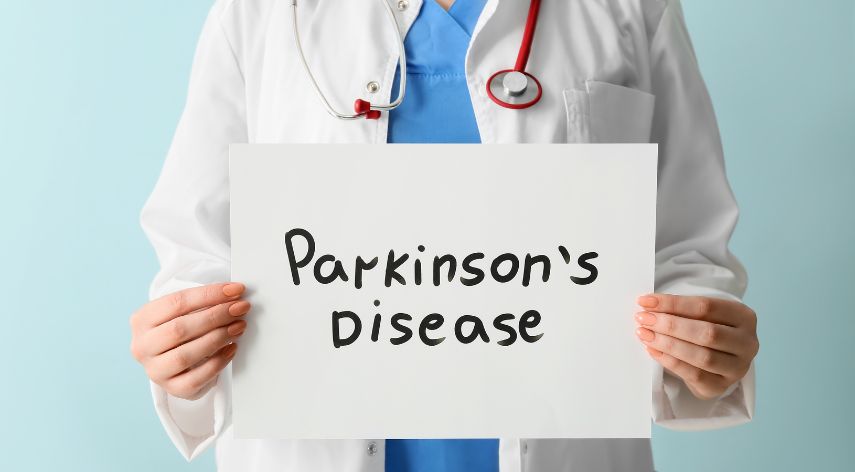Your Wellness Guide to Opioid Addiction Treatments

Around 107,622 Americans die from opioids every year, which shows how devastating this epidemic is.
Seeking treatment for opioid addiction is essential for protecting one’s well-being and improving their quality of life. But with so much misinformation online, it’s impossible to know what treatment is available to those suffering. Maybe that’s why you’re here; you or a loved one is in this position and you want to learn more about the treatments.
Sounds like you? Luckily, you’ve come to the right place. Here’s everything to know about opioid addiction treatments.
Table of Contents
ToggleMethadone Treatment
An effective way of overcoming addiction is receiving methadone treatment. Many doctors prescribe this drug as it minimizes withdrawal symptoms by targeting the pleasure centers that opioids target. As a result, balance will be restored in the patient’s brain, which accelerates the healing process.
Naltrexone Treatment
Anyone on their recovery journey is familiar with naltrexone treatment. Although it doesn’t stop you from taking opioids completely, it does reduce the risk of relapsing. A bonus is it’s accessible, regardless of your insurance provider.
Suboxone Treatment
Anyone suffering from an opioid addiction should add suboxone treatment to their list.
This is a brand of medication that also eases withdrawal symptoms. Since ’02, doctors have prescribed suboxone either as a pill or a strip of film that melts under your tongue, depending on the patient’s preference.
If you’re searching for recovery delivered in the form of suboxone, click the link to learn more.
Residential Rehabilitation
Aside from outpatient recovery, many patients suffering from opioid addiction thrive as inpatients. During this process, a patient will live in a rehabilitation center where they can access medical support and heal amongst other residents.
A major advantage of residential rehabilitation is that detox is supervised, which ensures the patient is comfortable in this difficult time. And because there is consistent support, there’s less chance of the patient relapsing when they’re ready to leave.
Cognitive Behavioral Therapy (CBT)
Cognitive behavioral therapy, otherwise known as CBT, is another effective opioid addiction treatment. Unlike other options on the list, patients have rarely been prescribed medication because this tackles the behavioral side of addiction.
Patients who partake in talk therapy can disclose their feelings and struggles with their opioid addiction, so they can identify their triggers. Psychiatrists will also give their patients techniques to overcome their cravings and heal any damaged relationships along the way.
Note, that patients can either choose to receive individual or group counseling, depending on how comfortable they are.
Groups
Many people seeking opioid treatment often attend anonymous support groups. A popular one is Narcotics Anonymous where attendees can discuss how they’re struggling and feel less alone hearing other peoples’ situations. If you’re interested, reach out to your healthcare provider and they’ll tell you where the nearest meeting is.
Know the Top Opioid Addiction Treatments Available
Hopefully, you’ll use these opioid addiction treatments.
There are many effective methods, such as using methadone or suboxone to help you. It’s also useful to reach out to groups and try CBT during recovery. Good luck!
Enjoyed this article? Great! Then, browse the rest of the site.
Alice Christina, a seasoned health writer, combines her passion for wellness with a strong foundation in evidence-based research. She crafts insightful content that empowers readers to make informed health decisions. Alice's expertise shines through her concise and reliable health articles.
Recommended For You
Spread the loveAre you striving to lose weight without sacrificing your health? With weight loss advice seemingly coming from every
Spread the loveSeniors with Parkinson’s disease (PD) can lead satisfying lives, even though there is currently no cure for the
Spread the loveHave you ever stumbled upon an IP address that seems to be shrouded in mystery? One such enigmatic





